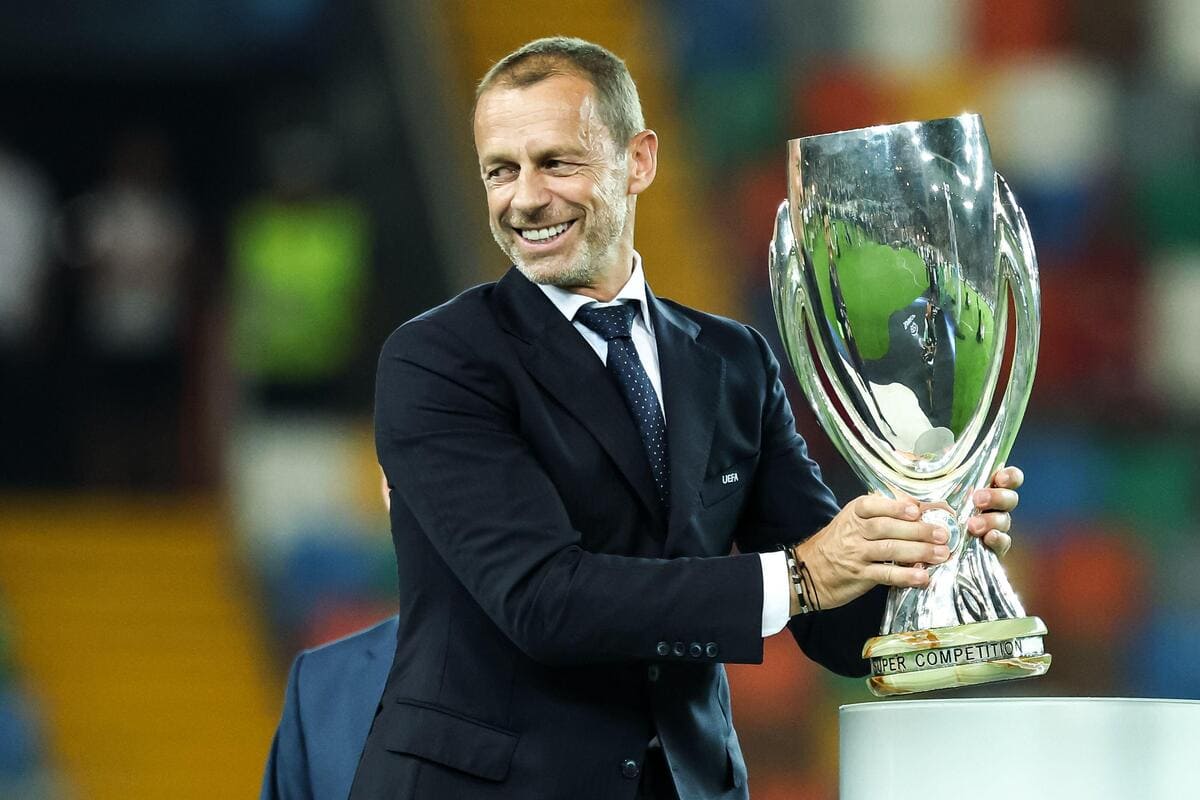
"Look, first of all, what's happening with civilians there is personally hurting, killing me. It's impossible to see these things anymore. From the other point of view, I'm not a supporter of banning the athletes. Because what can an athlete do to their government to stop the war? It's very, very hard. Now, the ban for Russian teams is, I think, three and a half years."
"Did the war stop? It didn't. So for now, I don't know. I have to say that with the situation in Russia and Ukraine, there was a super strong political pressure. Now it's more a pressure of the civil society than politicians, because politicians are obviously, when it comes to wars and victims, very pragmatic. I cannot say what will happen. There are talks about everything, but me personally, I'm against kicking the athletes out."
"The former player of Yugoslavia, [Dejan] Savićević, who is now president of the Football Federation of Montenegro, he said that in '92 when Yugoslavia was banned from playing the European Championship, they [the players] were all against [Slobodan] Milošević. They were all against the system. The system was non-democratic and so on. But they were kicked out. And because of the political sanctions, the result was the hatred against the West that still stays."
UEFA has not imposed the same ban on Israeli clubs that was applied to Russian teams after the 2022 invasion of Ukraine. Banning athletes is opposed on the basis that individual players cannot realistically influence government decisions or stop wars. The Russian ban lasted around three and a half years and did not end the conflict, and that ban reflected exceptionally strong political pressure. Current pressure over the Israel–Gaza situation is characterized as coming more from civil society than from politicians. Historical expulsions, such as Yugoslavia's 1992 ban, are cited as producing long-term resentment toward the West.
Read at 101GREATGOALS.COM
Unable to calculate read time
Collection
[
|
...
]